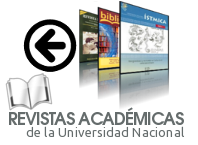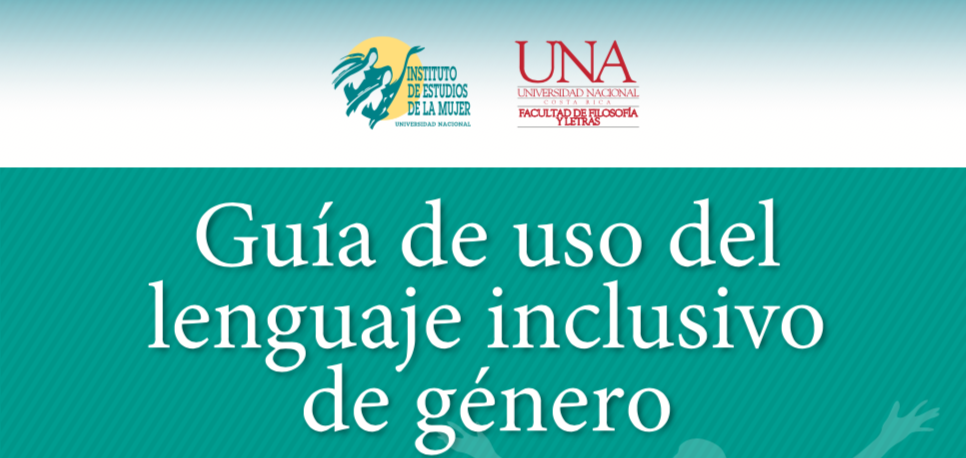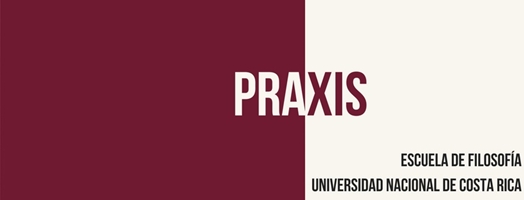Decision-making management in patients with advanced dementia and dysphagia in Costa Rica: A Clinical And Philosophical Analysis
DOI:
https://doi.org/10.15359/praxis.83.1Keywords:
end-of-life care, ethic, feeding tube, decision-making, modus ponens, autonomy, principle of humanity, logic reasoning, bioethics, moralAbstract
The use of feeding tubes in patients with advanced dementia suggests several ethical concerns not only for healthcare professionals but also for the patient’s family. One point explored in this research deals with the symbolism associated with food and the idea of a good life and vitality (as seen in Costa Rica and in other Latin American countries). Subsequently, the request from families to use a feeding tube in a person with advanced dementia may be explained in terms of this association. Another point discussed in this research is the decision-making process between the family, the healthcare workers, and the patients themselves. Such discussions are examined in terms of the principle of autonomy and the principle of humanity to understand the desires and beliefs in the end-of-life decision. In the same manner, this research aims to investigate the reasoning process involved in the decision itself in terms of the modus ponens as a strong logical reasoning that leads to the decision. Yet, such a decision may be compromised when the modus ponens diverts into a fallacy by denying the consequences. Subsequently, this can derive into a chain of deductions that may undermine the consideration of the autonomy principle and the principle of humanity in deciding whether to use the feeding tube. This research also suggests the need for an extensive educative process to encourage the early decision of terminating a person’s life. Finally, this research makes an appeal for the evaluation of the laws governing end-of-life decision-making in Costa Rica, including medical and judicial policies.
References
Anantapong, K., Davies, N., Chan, J., McInnerney, D., & Sampson, E. L. (2020). Mapping and understanding the decision-making process for providing nutrition and hydration to people living with dementia: a systematic review. BMC geriatrics, 20(1), 520. https://doi.org/10.1186/s12877-020-01931-y
Ashwin Ram y Kurt Eiselt Eds. (1994). Proceedings of the Sixteenth Annual Conference of the Cognitive Science Society. Atlanta: Routledge.
Association, W. M. (1991, Noviembre 12). Wma declaration of malta on hunger strikers. Retrieved from https://www.wma.net/policies-post/wma-declaration-of-malta-on-hunger-strikers/
Broadbent, A. (2019). Philosophy of medicine. Oxford: Oxford University Press.
Buckley, T., Crippen, D., DeWitt, A.L. et al. (2004). Ethics roundtable debate: Withdrawal of tube feeding in a patient with persistent vegetative state where the patients wishes are unclear and there is family dissension. Critical Care. https://doi.org/10.1186/cc2451.
Dharmarajan TS, Unnikrishnan D, Pitchumoni CS. (2001). Percutaneous endoscopic gastrostomy and outcome in dementia. The American Journal of Gastroenterology, 2556-2563 .
Dennet, D.C. (1987). The intentional stance. The MIT press.
Kant, I. (2017). The Metaphysics of Morals. Cambridge: Cambridge Universtiy Press.
Legrenzi, P. (1993). Focussing in reasoning and decision making. Cognition, 37-66.
Mill, J. S. (1859). On Liberty. London: John W. Parker and Son, West Strand.
Nations, U. (2019). World Population Ageing 2019. New York: United Nations.
Pfeifer, N. (2007). Human reasoning with imprecise probabilities: Modus ponens and Denying the antecedent. In V. J. DeCooman G., Proceedings of the 5th International Symposium on Imprecise Probability: Theories and Applications (pp. 347-356). Praga: Publons.
Quine, W. &. (1960). Word and object: An inquiry into the linguistic mechanisms of objective reference. London: John Wiley.
Rome, R. B., Luminais, H. H., Bourgeois, D. A., & Blais, C. M. (2011). The role of palliative care at the end of life. The Ochsner journal, 348–352.
Ruben Saldaña y Jr. George Felix. (2011, Enero 1). Orale! Food and Identity Amongst Latinos!. Retrieved from Curate ND: https://curate.nd.edu/show/nz805x24b3k
Simmonds, N. J. (2010). Ethical issues in nutrition support: a view from the coalface. Frontline gastroenterology, 7-12.
Stroud, M., Duncan, H., Nightingale, J., &. (2003). Guidelines for enteral feeding in adult hospital patients. British Society of Gastroenterology, vii1-vii12.
Teno, J. M., Gozalo, P. L., Mitchell, S. L., Kuo, S., Rhodes, R. L., Bynum, J. P., & Mor, V. (2001). Does Feeding Tube Insertion and its Timing Improve Survival? Journal of the American Geriatrics Society, 1918–1921.
Verheggen, C. (2017). Rule-following and charity, Wittgenstein and Davidson on meaning determination. In C. V. Ed., Wittgenstein and Davidson on Language, Thought, and Action (pp. 69-96). Cambridge: Cambridge University Press.
Zaccagni, Luciana, Rinaldo, Natascia , Bramanti, Barbara, Mongillo, Jessica y Gualdi, Emanuela. (2020). Body image perception and body composition: assessment of perception inconsistency by a new index. Journal of Translational Medicine, 2-8.
Downloads
Additional Files
Published
How to Cite
Issue
Section
License
La revista trabaja bajo la Licencia Creative Commons Atribución-NoComercial-CompartirIgual 4.0 Internacional; apartir de la publicación número 79 (2019); en publicaciones anteriores se trabajaba bajo una Licencia Atribución- No Comercial- Sin Derivadas 4.0 Internacional.







